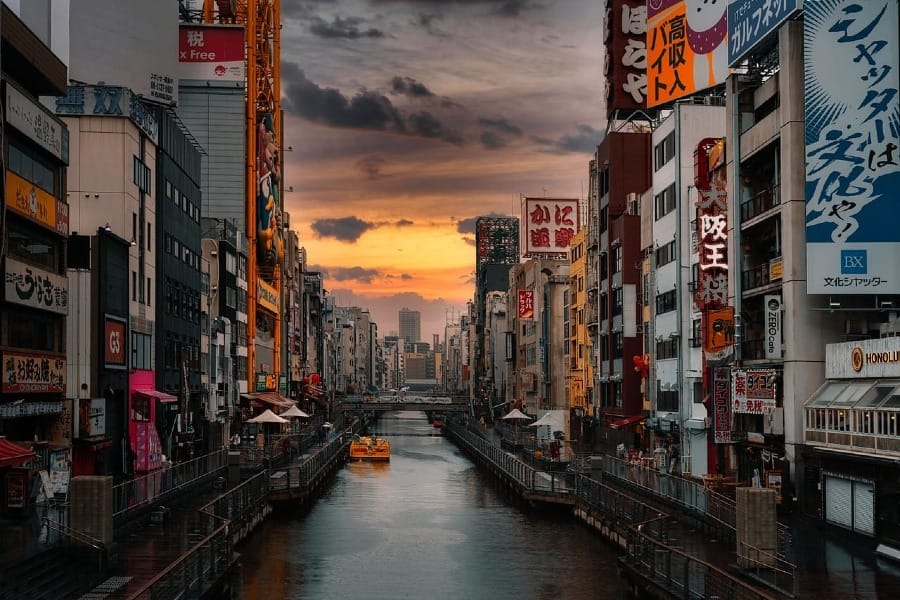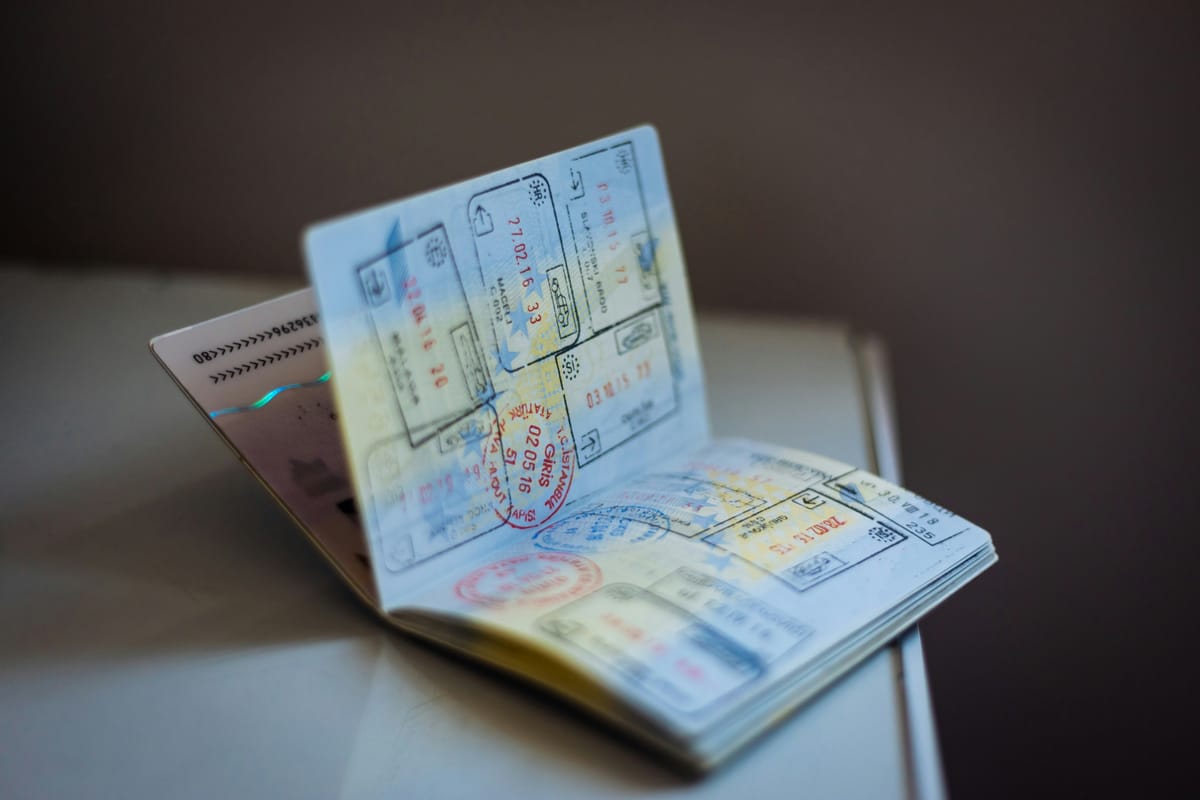Stricter scrutiny ahead for foreign restaurant owners in Japan
To ensure quality and compliance, the immigration office is implementing a new "Food Industry" qualification and will be conducting more thorough reviews of these cases, points out Tachikawa. Why and what are the potential implications?

This article was originally published on the website of Posse Nippon, the publisher of Small Business Japan, prior to the launch of Small Business Japan (October 2024). Articles published before September 2024 have been edited and transferred to this site.
We’ve asked an immigration lawyer – 2/3
Summary
Self-employed restaurant owners may face stricter scrutiny
Seek professional guidance for business success and visa compliance

Q: There are many immigrants who run a restaurant. Are they mostly spouse visa holders?
Yasuo Tachikawa: I suppose they have a spouse visa or are permanent residents. Some have a Business Manager visa, of course. But with this visa, you must stick strictly to managerial work. I mean, the only manager running a restaurant is not allowed under the visa.
Q: But in reality, there seem to be many restaurants run by self-employed owners who are not Japanese.
YT: Yes, you are right. However, the immigration office is making moves to examine these cases more carefully with a new “Food Industry” qualification created under the “Specified Skilled Worker” and “Designated Activities No. 46” categories.
Self-employed restaurant owners may face stricter scrutiny
YT: More specifically, there is a particular visa for a cook. Table waiting and dishwashing work are part of the “Food Industry” under the category of “Specified Skilled Worker.” If the visa applicant has graduated from a Japanese university, their work falls under the “Number 46” subcategory. This means that the “No. 46” qualification is for those who work as servers in the food service industry, implying that the restaurant manager focuses only on managerial work. To put it another way, managers are not permitted to perform non-managerial work.
This is not because of a change in rules. They have been this way for a while, but have not been carefully enforced. However, many restaurants are operated by non-Japanese owners who act as both staff and management, and authorities are becoming stricter. When applying for a Business Manager visa to run a restaurant, you might be asked to show an employment contract for the restaurant staff.
Moreover, you may need to set up a separate office when running a restaurant under a Business Manager visa, although some do not. You will also be examined by the immigration office when renewing your visa. If you do not have the required staff or office, your permit may not be renewed.
Q: It looks like there are many challenges for non-Japanese nationals wanting to start their own businesses in Japan. Could you offer some advice?
YT: Certainly. It is by no means easy to prepare the five million yen needed to start a business. But in reality, if you would like to launch a restaurant or cafe, you will most likely need more than that. Borrowing money from relatives or friends is one option.
Seek professional guidance for business success and visa compliance
YT: Another point to remember is the importance of designing your business to be profitable. A variety of specialists, such as accountants and consultants, can help you to improve your business plan. As I mentioned before, the renewal of your visa may depend on the profitability of your business, so I recommend that you seek out a professional advisor to further develop your business and convince the immigration and tax authorities of its viability.
Also, if you have an Engineer/Specialist in Humanities/International Services visa, I recommend you check that your employer allows a side business. Finally, please do not forget to file as a freelancer or sole proprietor – (kojin jigyo-nushi, 個人事業主), – with the tax office so that your revenue is regarded as business income.
(Edited by Jennifer Pastore)
*Disclaimer: This article is current as of the date published. Conditions may change at any time due to institutional and other changes. Checking the latest information on schemes is recommended.
Author’s note: Posse Nippon interviewed Mr. Tachikawa, who has extensive experience in immigration law, about the procedures immigrants in Japan need to follow when starting their own businesses. This article is not an advertorial, as Mr. Tachikawa generously agreed to speak with us on a voluntary basis. His office is available to answer questions in English.
You can contact Accurate Administrative Scrivener Corporation (Accurate Gyoseishoshi Hojin or アキュレイト行政書士法人) directly through their contact page or its official LINE account (please check the QR code below).





